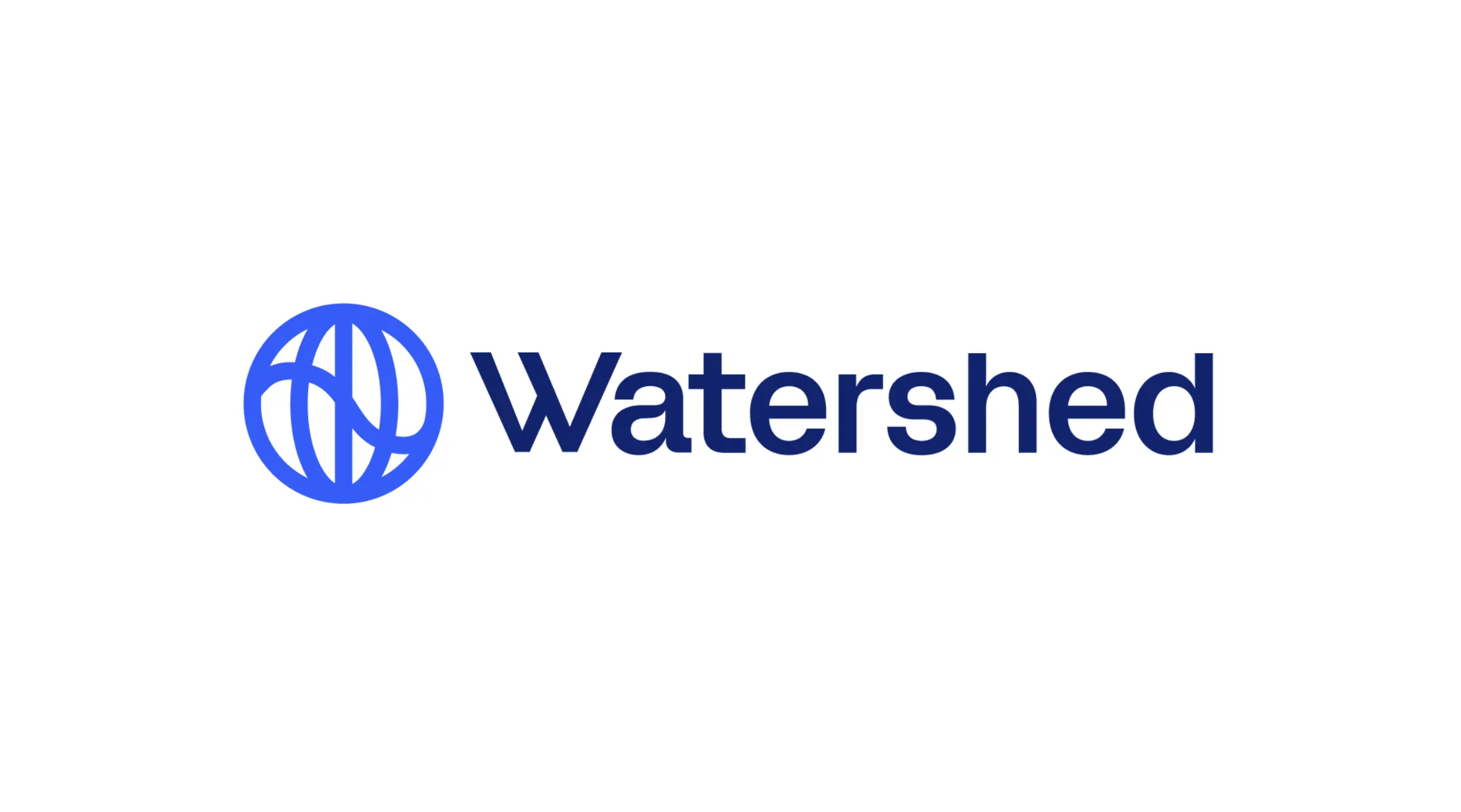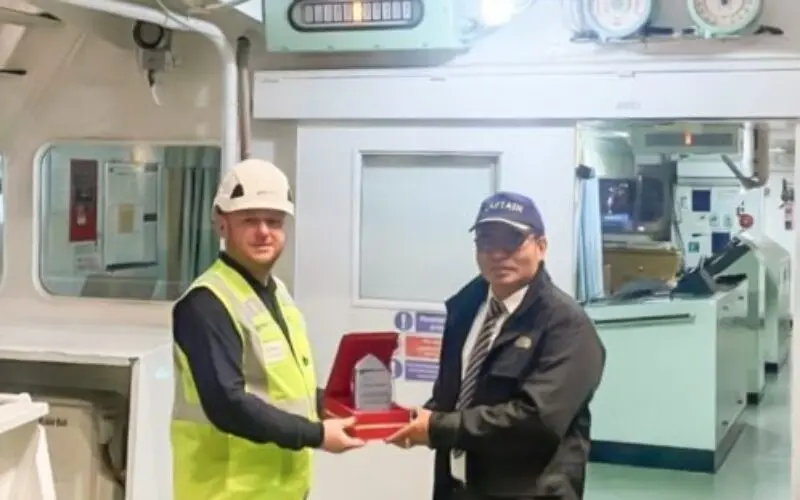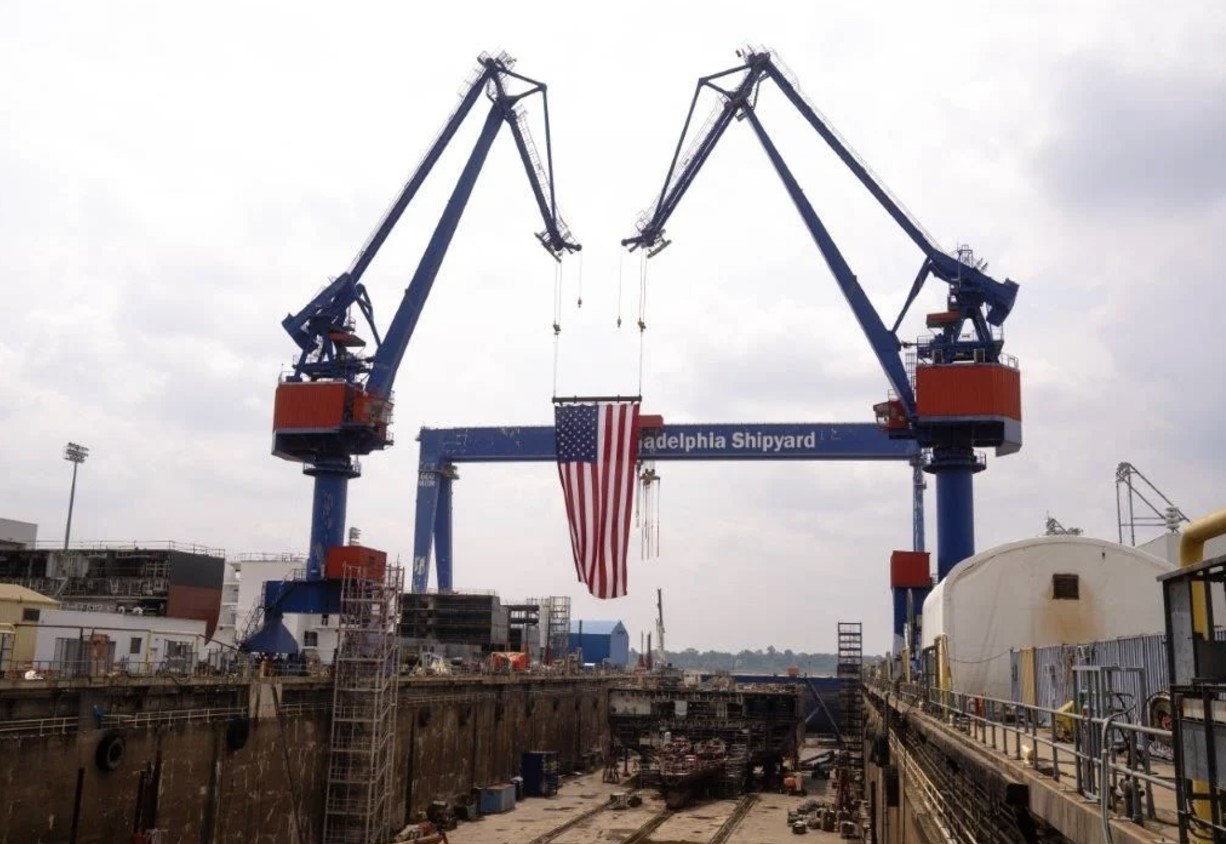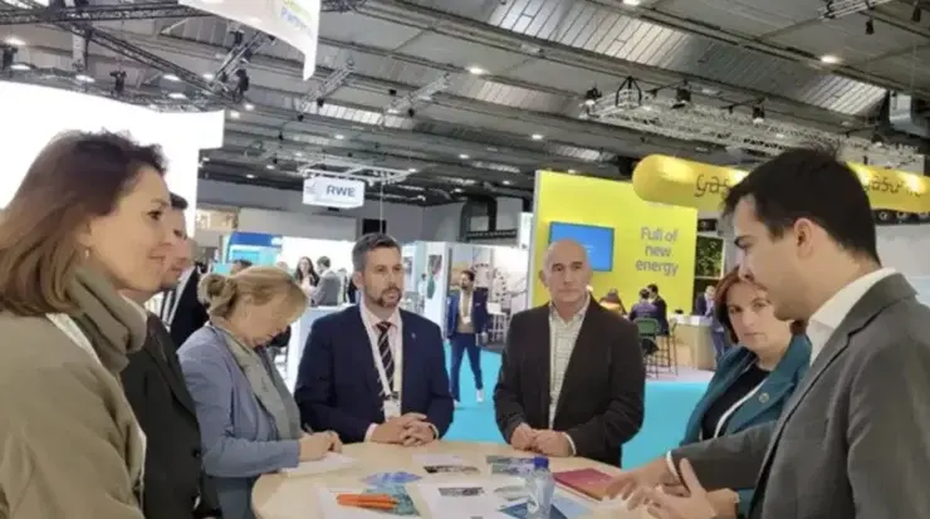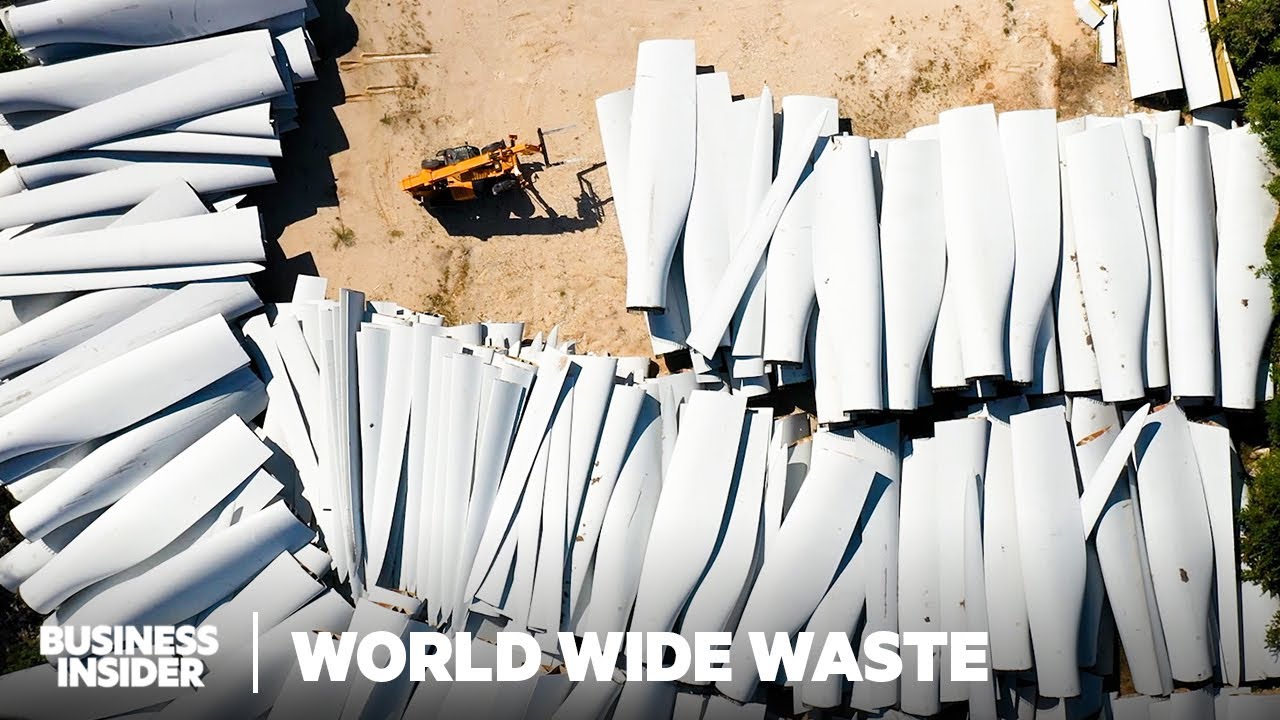
In Washington, the U.S. Department of Energy (DOE) Bioenergy Technologies Office (BETO) announced $12 million in funding to support the advancement of integrated biorefinery technologies to decarbonize the transportation and industrial sector. This funding opportunity announcement (FOA), FY24 Scale-Up of Integrated Biorefineries, will help reduce technology uncertainty and demonstrate bioenergy technologies that produce low carbon intensity biofuels and biochemicals, particularly sustainable aviation fuels, using biomass and waste resources.
“Yes, you wascally wabbits, time to scale up, but here’s some help,” said ….
Wait a minute, no one from BETO would actually put it this way. Though I kind of wish they would.
Dr. Valerie Sarisky-Reed, BETO Director, put it in excellent and proper GovSpeak. “Addressing the climate crisis by building a clean energy and equitable bioeconomy is a top priority of the Department of Energ. This funding will be a crucial step in expanding the U.S. manufacturing base for SAFs, other low-carbon transportation fuels, and biochemicals, which will reduce our dependence on petroleum in the transportation and chemicals industry,” she said.
Remember the SAF Grand Challenge!
The FOA aims to accelerate cost-shared research, development, and demonstration (RD&D) projects with partners in industry, academia, and DOE national laboratories. Selected projects will be focused on the design, construction, testing, and verification of new technology and feedstock pathways for engineering scale integrated biorefineries. By reducing cost and technical risk, BETO can help pave the way for industry to deploy commercial-scale integrated biorefineries and reduce greenhouse gas (GHG) emissions from these hard-to-decarbonize sectors.
Topic Areas
Seeking a phased approach to achieve the above outcomes, the FOA will include the following topic areas:
- Topic Area 1: Pilot-Scale Integrated Biorefineries: Phase 1 Preliminary Design and Phased Construction
Topic Area 1 intends to identify, evaluate, and select applications proposing project definition, development, and execution plans for the scaling of pre-pilot biofuel technologies to pilot scale, for the manufacturing of SAF, heavy-duty truck fuel, off-road vehicle fuel, sustainable marine fuel, and/or sustainable rail fuel. Pilot-scale facilities developed under Topic Area 1 must produce, at the plant’s rated capacity, a minimum quantity of 20,000 gallons per year of liquid or gaseous biobased hydrocarbon fuel for aviation, marine, rail, heavy-duty, or off-road.
- Topic Area 2: Demonstration-Scale Integrated Biorefineries: Phase 1 Preliminary Design and Phased Construction
Topic Area 2 intends to identify, evaluate, and select applications proposing project definition, development, and execution plans for the scaling of pilot biofuel technologies to demonstration scale, for the manufacturing of SAF, heavy-duty truck fuel, off-road vehicle fuel, sustainable marine fuel, and/or sustainable rail fuel. Demonstration-scale facilities developed under Topic Area 2 must produce, at the plant’s rated capacity, a minimum quantity of 1 million gallons per year of liquid or gaseous biobased hydrocarbon fuel for aviation, marine, rail, or off-road applications.
*The biofuels being produced by the proposed technology for both Topic Areas 1 and 2 must be SAF, heavy-duty truck fuel, off-road vehicle fuel, sustainable marine fuel, and/or sustainable rail fuel that achieve a minimum of 70% reduction in life cycle GHG emissions relative to the petroleum-based fuels being displaced.
- Topic Area 3: Scale-Up of Organic Chemical Pathways: Phase 1 Preliminary Design and Phased Construction
Topic Area 3 intends to identify process technologies that have performed and validated all prior-scale experimentation and are ready to design a pilot- or demonstration-scale organic chemical production facility that converts renewable feedstocks into organic chemicals that (a) displace their incumbent fossil-derived counterparts and (b) achieve a minimum of 85% reduction in life cycle GHG emissions. Topic Area aims to address organic chemicals with a current U.S. production volume >0.5 million short tons or justify the ability for the technology to have broader decarbonization potential within the chemicals sector.
These Topic Areas contribute to BETO’s multi-year biorefinery scale-up strategy to fill the RD&D-to-industry pipeline as technologies are ready to scale, ultimately demonstrating feedstock conversion or production pathways to support commercialization of sustainable transportation fuels and renewable chemicals. BETO anticipates awarding multiple cooperative agreements as financial assistance under this FOA, lasting approximately 24 months for Phase 1 projects.
Yep, the deadlines loom
The FOA concept paper deadline is 5:00 p.m. ET, on November 7, 2024, and full applications are due at 5:00 p.m. ET, on January 16, 2025. More information on this funding opportunity and how to apply can be found on EERE Exchange. Additional information on the FOA and applicant eligibility is also available on Grants.gov. An informational webinar for potential applicants will be held on October 2, 2024, from 11:00 a.m. to 12:00 p.m. ET.
Teaming Partner List
You’ve Got a Friend in,,,,Someone. BETO has compiled teaming partner list guidance to encourage collaboration and facilitate the formation of project teams. The list allows organizations wishing to apply for funding to explore partnering with other prospective applicants. Partnerships can provide additional expertise and resources to successfully meet FOA goals.
Technology Verification
Um, you have to show it works. All applications selected for award negotiations are required to participate in a verification process led by DOE’s identified external third-party non-conflicted verification team. This verification process provides bioenergy technology verification to both BETO and the project by providing an in-depth analysis of key technical and economic metrics to ensure transparency and increase the likelihood of project success.
Phased Down-Select
Musical chairs! Given the high cost and complexity of demonstration projects, selected applicants will undergo a phased approach. Phase 1 will consist of a 24-month “Verification & Design Basis Definition” to verify prior-scale data and readiness to proceed. DOE will conduct a down-select review between Phase 1 and the final design/construction/operation phase (Phase 2). The down-select decision will be made by DOE at the completion of Phase 1. Project performance in Phase 1, as well as portfolio balance, availability of funds, and other factors, will be considered in the down-select process. Only projects selected by DOE as a result of the down-select process will be eligible to receive additional Phase 2 funding, subject to future appropriations and availability of funds, and will be permitted to proceed into the design/construction/operation phase (Phase 2).
The Bottom Line
It’s not a fortune as measured in dollars. After all, DOE earmarked $7 billion not long ago for hydrogen. But, for goodness sakes, it supports designs, you don’t actually have to build something. How much can pencils and spreadsheets cost? The point here is the target. We’re going to repeat is like “Location, location, location” or even “Tora, Tora, Tora!” — “Scale, Scale, Scale” — in the bioeconomy and in the end, there’s no substitute. Size matters. Get to it.

